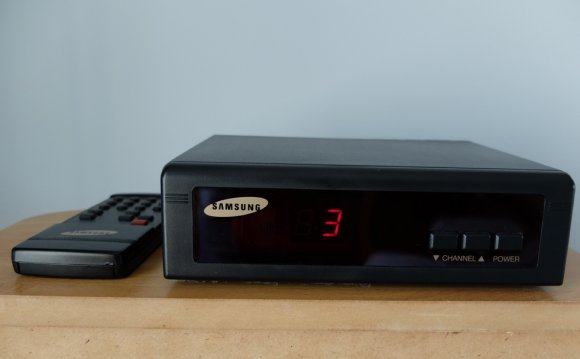
These stores are tuned to your electronics needs and desires. RadioShack is a leading consumer electronics retail chain with some 4, 475 stores in the US and Mexico. Its shops and website offer a variety of products, including wireless and residential telephones, computers, DVD players, electronic toys, and, of course, radios. For its more mobile customers, its sells third-party wireless calling plans from AT&T, Sprint, Verizon, and others. RadioShack stores also sell a wide range of electronics parts, batteries, and components. The chain runs about 1, 090 dealer outlets and more than 1, 500 wireless phone kiosks located inside Target stores (kiosks are not RadioShack-branded).
Unlike its big-box competitors, RadioShack has built its chain with smaller but more numerous locations. (Its stores average about 2, 470 sq. ft.) The company's kiosk business is an extension of that strategy. RadioShack lost more than 400 kiosks inside SAM'S Club in mid-2011 when its contract with owner Wal-Mart expired. To compensate, RadioShack has significantly increased the number of Target Mobile branded kiosks inside Target stores from 850 at the end of 2010 to about 1, 500 by 2012.
Wireless is the growth story at RadioShack. Indeed, demand for wireless products and services has given the chain, long known for gadgets and batteries, a profitable new line of business. It's working hard to establish itself as a leader in mobility products and services and update its stodgy image. RadioShack stores and kiosks offer prepaid and postpaid rate plans from most third-party carriers. The stores also offer smartphones, including Apple's popular iPhone.
RadioShack's mobility business increased from 44% in 2010 to more than 51% in 2011. That's up from about a third in 2008. The strength of this category has helped to offset the decline in sales of digital-to-analog converter boxes, which helped prop up sales during some lean years, as well as GPS products and digital TVs and cameras. Overall, the retailer's sales increased 2.6% vs. 2010. (Same-store sales dipped 2% during the same period.) RadioShack credits the rise to sales at its growing portfolio of Target Mobile centers, tempered by decreased sales activity among its consumer electronics and signature platforms. Following the lackluster results, RadioShack decided to no longer carry T-Mobile products beginning in late 2011.
Aside from T-Mobile, RadioShack's improved financial performance suggests it could be turning a corner after a decade of bleeding sales to rivals Best Buy, Wal-Mart, and others. Under the leadership of CEO Julian Day, a turnaround specialist with experience at Safeway and Kmart who joined the company in 2006, RadioShack undertook a major rebranding effort to update its dated image. It dropped the antiquated term "radio" from its brand and adopted the nickname "THE SHACK." It also hoped to get some mileage from its sponsorship of seven-time Tour de France winner Lance Armstrong's new cycling team in 2010. The improvements sparked rumors that private-equity firms and Best Buy were circling RadioShack, but as yet no offers have been made. When Day retired in May 2011, James Gooch, previously the company's CFO, became president and CEO of RadioShack. Director Daniel Feehan assumed the title of chairman when RadioShack separated the chairman and CEO roles. – less








